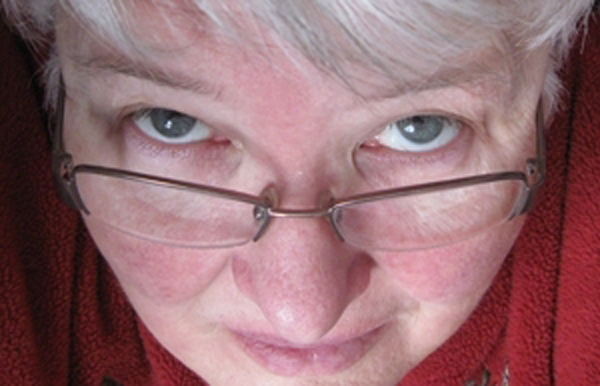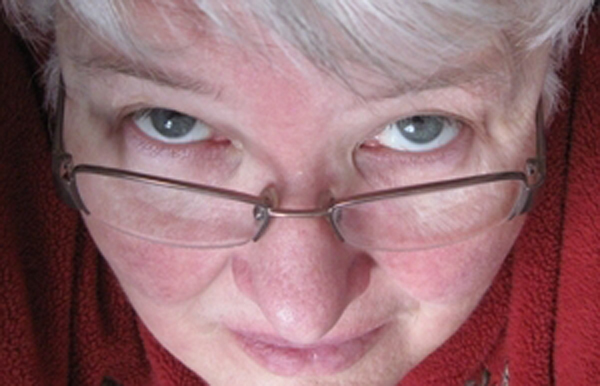The context within which the settlement of the Eastern Townships was initiated was touched on only briefly in the recent play, Settler Story. Those were tumultuous times, the late 1700s. Just a decade or two after the Anglo-French wars around the world, France had decamped from North America, and many of their Abenaki allies had fled north.
The traditional lands of the Abenaki had encompassed what is now New England, Quebec and New Brunswick. By 1792 most of those who were still alive had settled near Quebec City or other points north. That is the year the Lieutenant Governor of Lower Canada proclaimed that the crown lands of the province were to be surveyed and granted to settlers.
Enter Josiah Sawyer and his associates. «Where were the Abenaki who had previously lived here?» I asked playwright Kendra Parnell. «Most of them had already left the area and gone north,» she said. «Some stayed, but they didn’t interfere in the Sawyerville settlement.»
Wikipedia says a tiny bit more about the relations between the Abenaki people and English-speaking settlers in New England: «Much of the trapping was done by the people, and traded to the English colonists for durable goods. These contributions by Native American Abenaki peoples went largely unreported.»
But in general, Wikipedia says, the English settlements in New England had already forced the Abenaki people north in the late 1600s. That doesn’t mean they left willingly. It means that the land was taken from them by force or trickery. That’s what it means, the phrase «unceded territory.» Land that was taken, not given. And that’s where we live, on the unceded territory of the Abenaki First Nation.
What does it mean, to acknowledge we live on the unceded territory of a First Nation? To one man in Alberta, it means he has a moral imperative to share his land with a First Nation family. CBC News reported that Joel Holmberg has put a call out on Facebook for an Aboriginal family to cohabit his neck of the woods. He promises a traditional lifestyle with lots of moose around, and space to grow foods.
Why? «Seeing as how my five acres, though it constitutes my life’s work and I’ll be paying for it another 20 years, in reality it is stolen land and I know that,» he said.
IRISH NIGHT
The Eaton Corner Museum is organizing an Irish Night on Friday, March 9, at 7 p.m. Wanted: musicians, skits, or other talents for a variety show. Interested participants are invited to contact Serena Wintle. The event is at the Bulwer Community Centre, 254 Jordan Hill Road, Bulwer. Admission: $8. Info: Serena Wintle, 819-875-5210.
COLOUR CAFÉ, COOKSHIRE
Adults and others who enjoy combining colouring with conversation and snacks can now attend the Colour Café at two venues in Cookshire. Participants may bring their own colouring supplies or use what is available. A resource table at the events will offer information about services in English in the area. The two events are planned for Wednesday, March 14. At 2-4 p.m., the Café is at La Passerelle Women’s Centre, 275 Principale East, and at 6-8 p.m., it is at La Maison de la Culture John Henry Pope, 25 Principale West.
COLOUR CAFÉ, BURY
And now a new Colour Café is starting in Bury on Friday, March 23, from 10 a.m. to 12 noon., at the Eaton Valley Community Learning Centre (CLC) at the Pope Memorial Elementary School, 523 Stokes. It works just like the Colour Cafés in Cookshire.
COLOUR CAFÉ, EAST ANGUS
In the works is a special edition Colour Café in East Angus on Wednesday, March 28. Stand by for details.
I STAND UP FOR MYSELF
Standing up for oneself in the face of bullying is the topic of an interactive intergenerational workshop in Bury on Wednesday, March 21. If bullying is directed at someone age 55 and older, it’s called elder abuse. And that’s what this workshop is about: recognizing the signs of bullying and learning ways to address it when you see it happening to yourself or someone else.
Facilitating the workshop will be Marie-Philippe Dubuc from DIRA-Estrie, a regional community organization that works to prevent and counter elder abuse and mistreatment of individuals age 55 and older, as well as their families and those who work closely with them. Here’s one case where the acronym in French works in English, too. DIRA stands for Denouncing mistreatment, Informing, Referring, and Accompanying elderly persons, which sums up the organization’s strategy vis à vis elder abuse.
I Stand Up for Myself begins with a lunch at 11:30 a.m., followed by the workshop, ending at 2 p.m. Reservations for lunch: Call Kim Fessenden at 819-872-3771 x 2. Those wishing to share the meal are requested to donate $5 to help cover the cost of the meal. The meal is optional.
The event is at the Armoury Community Centre, 563 Main Street, Bury. It is a Health Link presentation. Health Link is a collaboration between The Eaton Valley Community Learning Centre, the CIUSSS de l’Estrie – CHUS’s Haut-Saint-François RLS, the Centre d’Action Bénévole du Haut-Saint-François, and Townshippers’ Association.
FLEA MARKET
The Bury Women’s Institute is organizing a Flea Market/Craft Sale on Saturday, April 28, at the Armoury Community Centre in Bury. To rent a table for $10, contact Frances Goodwin at 819-872-3318 or Irma Chapman at 819-872-3600.
CHURCH SERVICES
United. Sunday worship services are at 9:30 a.m. in Cookshire, and at 11 a.m. in Sawyerville. Info: 819-889-2838 (listen to message).
Baptist. In Sawyerville, the Sunday worship service is at 9 a.m. in French, and 11 a.m. in English. Sunday school is at 10 a.m. in English and French. Info: 819-239-8818.
Anglican. Sunday services are in Bury at 9:30 a.m., and in Cookshire, at 11 a.m., in the Trinity United Church hall, 190 Principale West. Info: 819-887-6802.
Do you have news to share? Call 819-300-2374 or email ra.writes@gmail.com by March 12 for publication March 21 and by March 26 for April 4.



